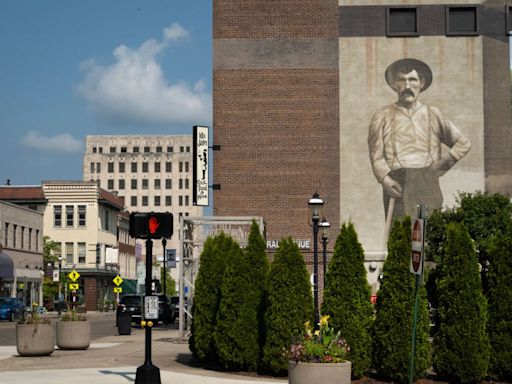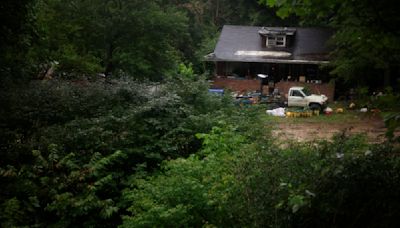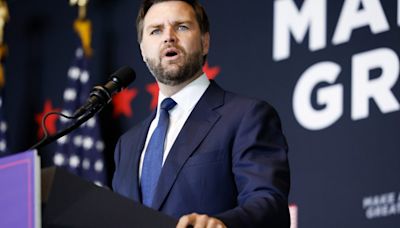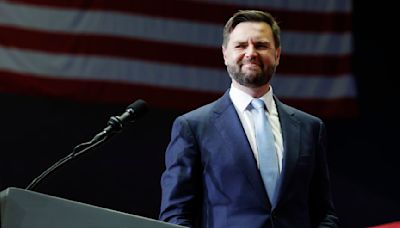Search results
1 day ago · Middletown is a city in Butler and Warren counties in the southwest of the U.S. state of Ohio. The population at the 2020 census was 50,987. It is part of the Cincinnati metropolitan area , 29 miles (47 km) northeast of Cincinnati and 20 miles (32 km) southwest of Dayton .
2 days ago · This 2008 photo shows AK Steel’s plant in Middletown, Ohio, one of the city’s major companies. AP Photo/Al Behrman Household median income is around US$25,000 below the national figure .
2 days ago · A 2022 study by the U.S. Bureau of Economic Analysis estimated that Ohio’s creative industries added nearly $25 billion to the state that year, and the fruits are evident in Middletown. Sorg Opera House , founded in 1891 by a local millionaire, reopened in 2017 as the city’s prestige destination for the performing arts.
13 hours ago · SHARE. Middletown, Ohio, once the focus of JD Vance's 2016 memoir 'Hillbilly Elegy,' is experiencing a renaissance. While Vance depicted the town as a symbol of American decline, its ongoing revitalization tells a different story. The city's downtown now boasts vibrant developments: a brewery, a wine bar, an art collective, and even an opera house.
1 day ago · A 2022 study by the U.S. Bureau of Economic Analysis estimated that Ohio’s creative industries added nearly $25 billion to the state that year, and the fruits are evident in Middletown. Sorg Opera House , founded in 1891 by a local millionaire, reopened in 2017 as the city’s prestige destination for the performing arts.
3 days ago · Middletown represents the complex mix of cultures and urban-rural contrasts that make Ohio an important bellwether of American political trends and a top prize in presidential politics. It’s...
1 day ago · The Midwestern town is at the heart of JD Vance’s ‘Hillbilly Elegy’. Published 7/25/24. “With Sen. JD Vance named Donald Trump’s running mate, commentators are dusting off Vance’s 2016 memoir, “Hillbilly Elegy,” to explain America’s political moment,” writes Matthew Smith, visiting assistant professor of History.





